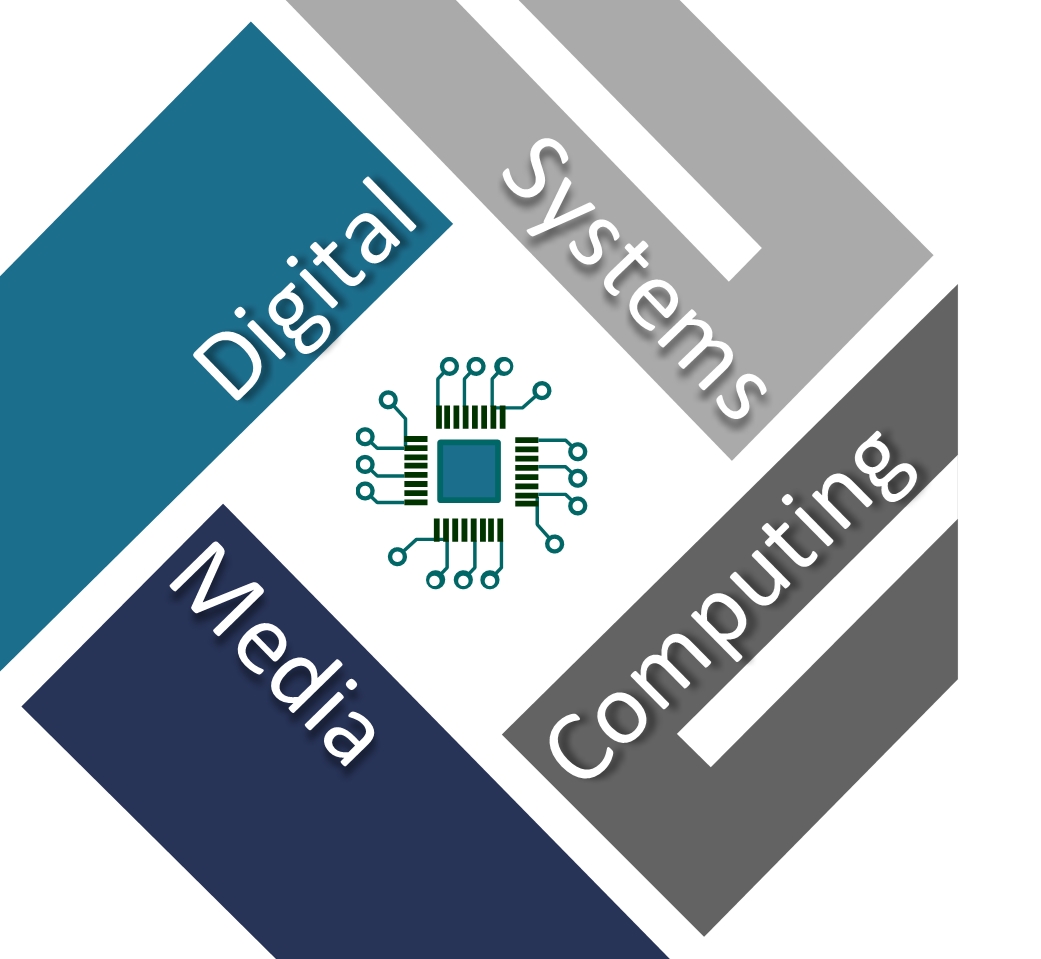Multi-Modal Learning Course on Digital Systems Design Using VHDL & FPGAs Concluded on Dec. 2014
On December 15 2014, the final examination was held for the 1st multi-modal learning course on digital systems design using VHDL & FPGAs, at the premises of the Digital Systems and Media Computing laboratory (dsmc2.eap.gr) of the Hellenic Open University (HOU) in Patras, Greece (press here to see the article on the IEEE CASS Newletter). The 5-week course was held under the sponsorship of an IEEE Circuits and Systems Society grant, while ALTERA donated the development boards. Apart from tutoring, the course included demonstrations and workshops on digital system design using VHDL and FPGA boards on a remote laboratory facility, as well as a visit to a microelectronics business incubator. The workshop was implemented on a blended learning basis: it consisted of lectures and laboratory exercises carried out at a distance, according to the standard tutoring practice of HOU. The lectures were delivered via the Centra Symposioum virtual classroom infrastructure and the laboratory exercises were carried out remotely. Students were registering to a website and then connected to one of the installed systems. Code was written, compiled locally using the VHDL design suite provided by ALTERA and uploaded through the web interface supporting interaction with the lab infrastructure and results of running the code in the real systems were visualized by means of a web camera. The systems were up and running 24/7.
The aim of the workshop was to introduce participants to digital design using VHDL and to allow them to practice by using state of the art EDA tools (Altera Quartus, Modelsim) and accessing a fully functional remote lab that includes FPGA boards and pre-connected peripheral hardware. Students were able to experiment with existing hardware and design their own digital systems using the ALTERA DE0-nano board, several, sensors, servo motors, displays and LEDs. The range of exercises covered the full series of exercises that a student in a conventional on-site lab has to experiment with during a typical university term. Four virtual lectures (1 per week) were delivered, while students sat a final laboratory examination at DSMC premises, in Patras, where an attendance certificate, was issued to all students who fulfilled all requirements. We hope that we will manage to offer the follow up course soon, however until then, one may practice with the system installed on 194.24.226.111 since our intention is to leave this freely accessible for the engineering community.
Leave a reply →